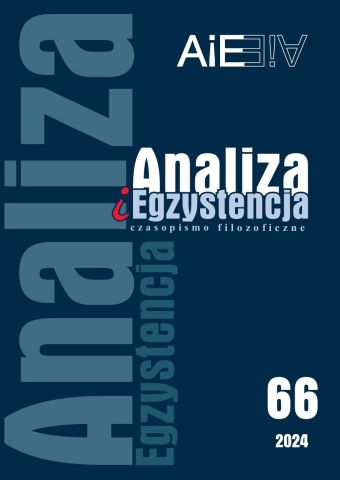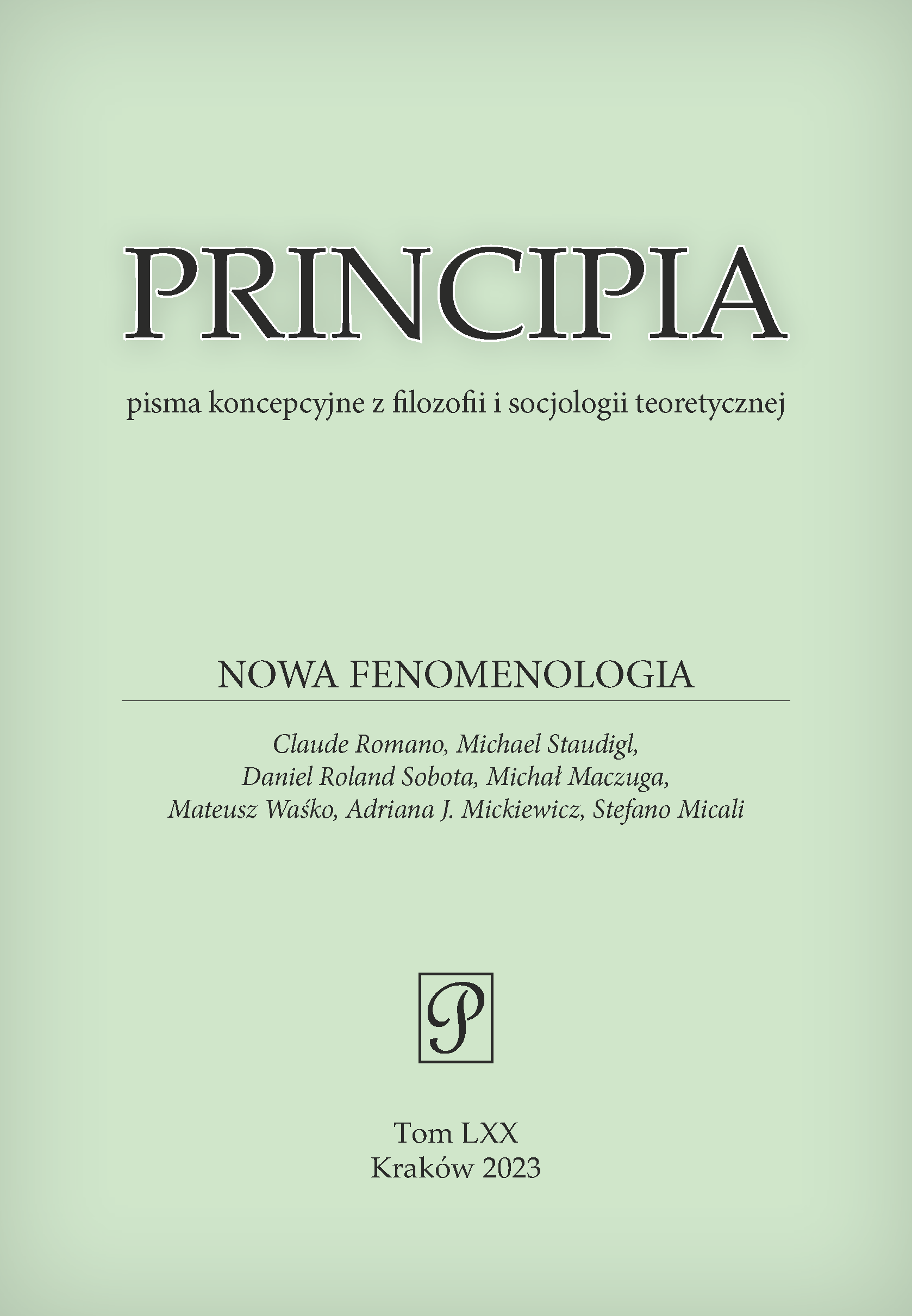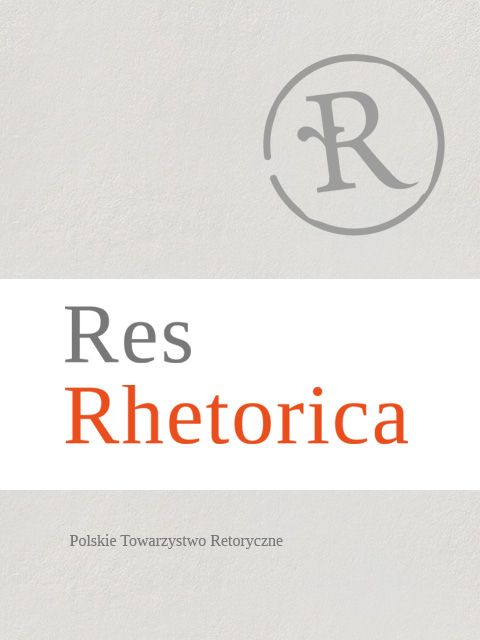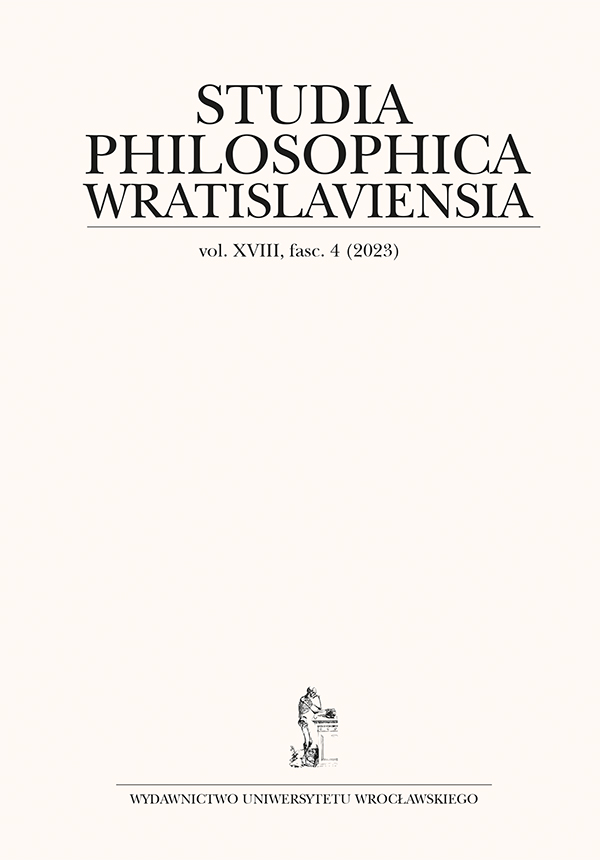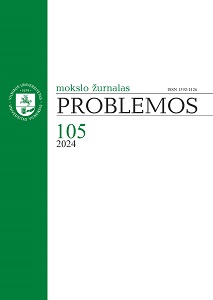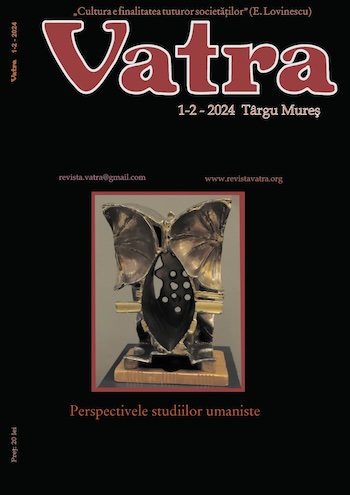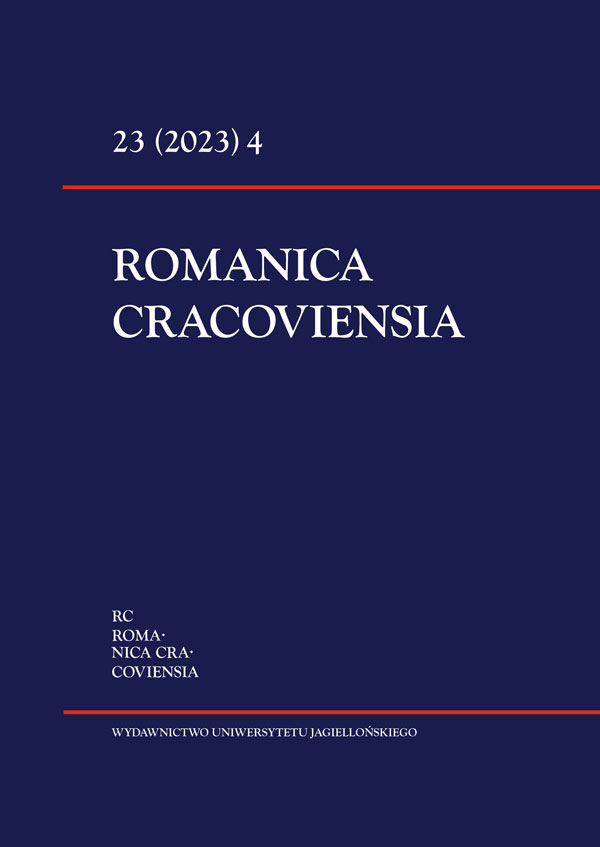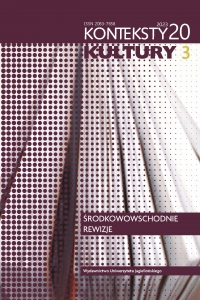
Miłosz wciałowzięty (rec. Stanley Bill, Czesław Miłosz’s Faith in the Flesh: Body, Belief and Human Identity. Oxford: Oxford University Press, 2021)
Book review: Miłosz wciałowzięty (rec. Stanley Bill, Czesław Miłosz’s Faith in the Flesh: Body, Belief and Human Identity. Oxford: Oxford University Press, 2021)
More...
